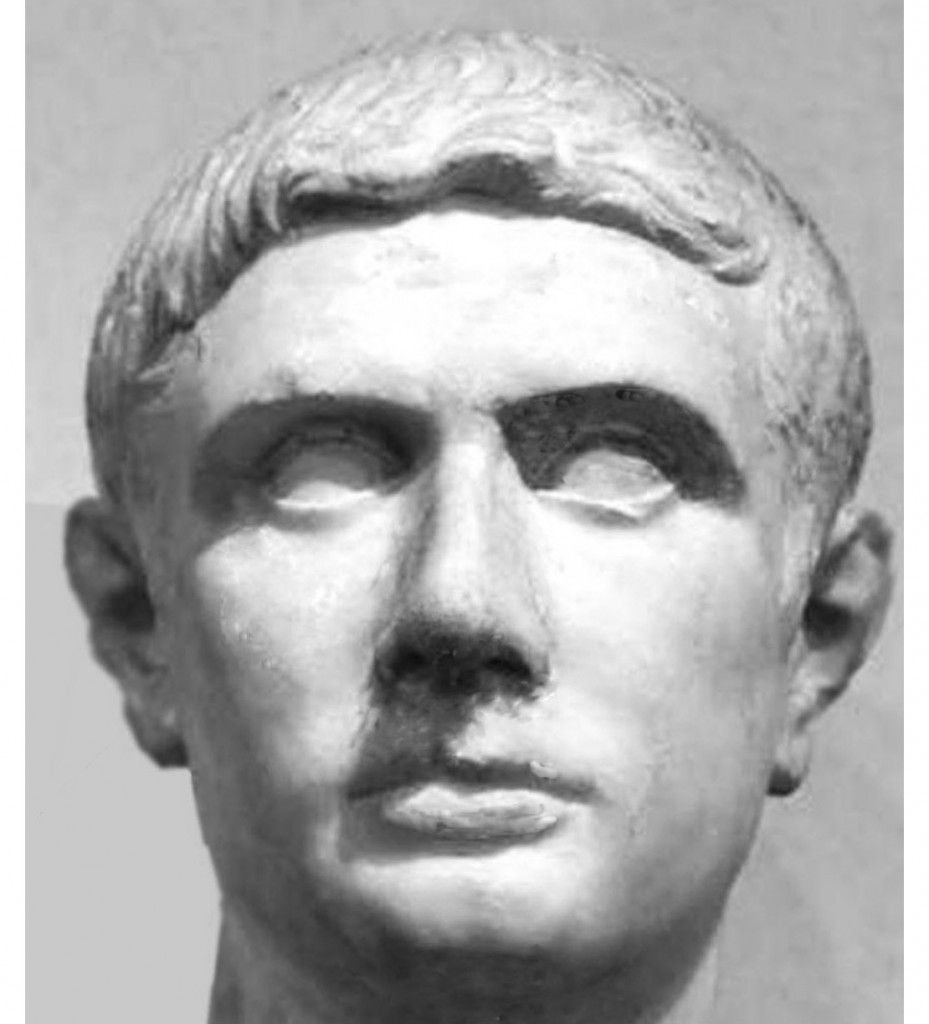 Not many people are aware that many of our current countries, kingdoms or state’s names are not the actual original names of when these lands were founded. One such name is for the biggest island located in the current European Union, Britain. But the facts are that is not the original name of this most beautiful kingdom.
Not many people are aware that many of our current countries, kingdoms or state’s names are not the actual original names of when these lands were founded. One such name is for the biggest island located in the current European Union, Britain. But the facts are that is not the original name of this most beautiful kingdom.
In the course of my research I have found that the most ancient known name for Britain was called Albion, but the actual original name for Britain derives from the Latin name Brutus. This Brutus would be no other that the “alleged” killer of Julius Caesar. The name Brutus or Bruti is Latin form of the Old English, Britain.
Let it be said that I AM a blood descendant of both the Roman Julius and Greek Brutus. My inner Gnosis is telling me that this was not a murder, but a blood sacrifice to end an old age and bring in anew. In addition, I also believe that this Brutus was a son of Julius, and possibly the half brother to Augustus Caesar. This I will explain in another article, but to help you understand how I can know such things, please read my article titled, DNA Gnosis.
This story resonated deep within my DNA and intuition. So much so, that I often cry or get very emotional when researching this subject. For us Gnostics, this is a sign of a past life regression or memory that emotionally affects us at our root core which is accessed via Gnosis to validate your feelings or knowings.
As with many names in history, you will find that either historians or the actual people themselves had changed or obscured the original names such as in this case. The full name of this Roman General was Marcus Junius Brutus the Younger , Decimus Junius Albinus or Brutus of Troy (early June, 85 BC – late October, 42 BC). He had served under Caesar in both the Gallic war in 43 B.C., and in the Roman civil war at the time. For his service under Julius, he was awarded the Gaul and whole island of Britain. In addition to being awarded vast amounts of territory, he was also placed in Julius’s will that in case of Octavian’s death, he would be the heir the the House of Caesar.
In the end, Brutus would join the murder conspiracy of Caesar on that most memorable Ides of March (Latin: Idus Martias) n 44 BCE. This would be where we get the name of this Holy-day on March 15 in the Roman calendar commemorating the sacrifice of Julius which is dedicated to the Red Horse, the God Mars (Marius) who is the God of War. Ides is also used for the 15th day of the month for May, July, and October. This would be the most famous Holy-day when Brutus had lead his kin, Julius to the forum floor for his sacrifice to end the 5th Age with his blood given to the Gods in order to bring a new Age of peace with the Lamb Jesus Christ
This would be where we get the name of this Holy-day on March 15 in the Roman calendar commemorating the sacrifice of Julius which is dedicated to the Red Horse, the God Mars (Marius) who is the God of War. Ides is also used for the 15th day of the month for May, July, and October. This would be the most famous Holy-day when Brutus had lead his kin, Julius to the forum floor for his sacrifice to end the 5th Age with his blood given to the Gods in order to bring a new Age of peace with the Lamb Jesus Christ
who was the Son of Ju-Peter, God on earth;
Via Pax Romana (Rosy Cross) under the rule of Octavian Caesar who was then given the name Augustus as the savior of our priesthood and thus the Messiah of the 6th Age.
His changes proved to be the cornerstone of the greatest empire the world has ever seen as stated by author of the 118th Psalm, possibly Asaph “the seer,” had foretold that the stone which “the builders,” Moses and the prophets, rejected would become the head- and cornerstone.
The legacy of this Brotherhood sacrifice lives to this very day in the current world all around us from Holy-days to motto’s of Commonwealths like in the United States;
- The phrase Sic semper tyrannis! [“thus, ever (or always), to tyrants!”] is attributed to Brutus at Caesar’s assassination. The phrase is also the official motto of the Commonwealth of Virginia.
- John Wilkes Booth, the assassin of Abraham Lincoln, claimed to be inspired by Brutus. Booth’s father, Junius Brutus Booth, was named for Brutus, and Booth (as Marcus Antonius) and his brother (as Brutus) had performed in a production of Julius Caesar in New York just six months before the assassination. On the night of the assassination, Booth is alleged to have shouted “Sic semper tyrannis” while leaping to the stage of Ford’s Theater. Lamenting the negative reaction to his deed, Booth wrote in his journal on April 21, 1865, while on the run, “[W]ith every man’s hand against me, I am here in despair. And why; For doing what Brutus was honored for … And yet I for striking down a greater tyrant than they ever knew am looked upon as a common cutthroat.” Booth was also known to be greatly attracted to Caesar himself, having played both Brutus and Caesar upon various stages.
- The well-known phrase “Et tu, Brute?” (“And you, Brutus?”, “et” is Latin for “and”) is famous as Caesar’s utterance in the play Julius Caesar, although it is not his last words, and the sources describing Caesar’s death disagree about what his last words were.
Brutus who was the son of Marcus Junius Brutus, a descendant of the founder of Roman Republic, Lucius Junius Brutus whose mother was Servilia, mistress to Julius Caesar, mother to Octavian and the sister of Cato of Utica.
The younger sister of Caesar the dictator, was the wife of M. Atius Balbus [balbus Atius], by whom she had Atia, the mother of Augustus [atia]. Julia died in B. C. 52—51, when her grandson, Augustus, was in his twelfth year (Suet. Aug. 8; Quint xii. 6), and he pronounced her funeral oration. Nicola’us of Damascus (c. 3), indeed, places her decease three years earlier, in her grandson’s ninth year, and, as a contemporary, his evidence might be preferable, were there not apparent in his narrative a wish to exalt the genius of Augustus by abating from his age at the time he pronounced the oration. (See Weichert, de Imp. Caes. Aug. Script. L p. 11, Grimae, 1835.)
His ancestors and relatives were the founder of many Empires and countries. An ancient peoples known as the Greek Brutti, Etrurians, and or Umbrians that occupied all the region of Central Italy in an area that covered part of what now the areas of Tuscany, Venice, Latium, Emilia-Romagna, and Umbria. A great book on these Etruscan locations is D. H. Lawrence’s Sketches of Etruscan Places and other Italian essays.
an ancient people of Italy, living in the southwestern peninsula, now Calabria. The Greeks had several flourishing colonies on the coast and had to some extent conquered the inhabitants of the interior; the Lucanians also made themselves masters of some portions of the interior. But about 350 the people revolted, and assisted by the Lucanians, gained their independence and captured several Greek cities. At this time they were called by the Greeks Bruttii (rebels).
Upon the consummated sacrificial blood of the Father (Pater) Julius, the son, Octavian would allegedly proclaim Decimus Brutus enemy of the Roman State. Brutus allegedly then had retired to Cisalpine Gaul, where he had recovered for some time, but in the end was deserted by his troops and then ultimately betrayed by Marc Antony who had him executed Consult Appian, B. C. (Ill, 97); Dio Cassius (XLVI, 53); Caesar, B. G. (Ill, 2), B. C. (I. 36, 45).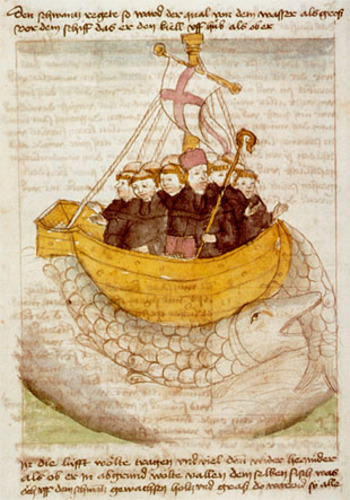
The descendants of Brutus would never forget this betrayal by Rome and also the land given to their Father by Caesar to inherit forever. These descendants would later be come to be known as the Druid Bards, the Irish Picts, Scottish Highlanders and who were also the first High Kings in Ireland from the 1st century onwards. From this moment on in history, the descendants of Brutus would become one of Rome’s biggest foes and permanent obstacles to world domination. An obstacle that Rome would never overcome and eventually these two powerful priesthood forces would unite again as one under the New Testament (New Law) via the 12 Apostles of Ireland.
Early chroniclers of Britain, such as Alfred of Beverley, Nicholas Trivet and Giraldus Cambrensis began their histories of Britain with Brutus. The foundation myth of Brutus having settled in Britain was still considered as genuine history during the Early Modern Period, for example Holinshed’s Chronicles(1577) considers the Brutus myth to be factual. Geoffrey’s Historia says that Brutus and his followers landed at Totnes in Devon. A stone on Fore Street in Totnes, known as the “Brutus Stone”, commemorates this.
A passage in the 1st Philippic of Cicero (c. 6) corroborates this origin by stating
“that the expeller of kings, L. Brutus, has propagated his stock through 500 years, in order that a descendant might emulate his virtue by again freeing Rome from regal domination. Plutarch, in the beginning of his life of M. J. Brutus, assumes his descent from the first Brums, conformably to his practice in such cases, without troubling himself as to the credibility of the fact. He is sometimes called Q. Cospio Brutus both by Cicero and Dion Cassius, and also on several of his medals, where Q. Cuepio Bmtns Procos. or Imp. occurs. He owed this name apparent!* to his adoption by his maternal uncle, Q. Servilius Cwpio. On an unjust divorce from his first wife, Appia Claudia, he married Portia, the widow of Bulbus, and daughter of his maternal uncle Cato, under whose inspection he had been most carefully educated in philosophy and letters, after the loss of his father, who was put to death by Pompey in the war between Marius and Sylla. Plutarch says that he was acquainted with all the Grecian systems of philosophy, but particularly attached to those of Plato’s school.
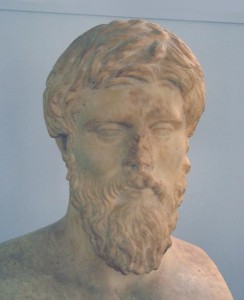 Like Plutarch, Brutus was a descendant of Plato and if you trace history you can easily makes these connections for most all ancient philosophers were related by blood. From Hermes, to Pythagoras, Albinus, Saint Beda to Francis Bacon. It was a family tradition of inherited Gnosis by blood rite.
Like Plutarch, Brutus was a descendant of Plato and if you trace history you can easily makes these connections for most all ancient philosophers were related by blood. From Hermes, to Pythagoras, Albinus, Saint Beda to Francis Bacon. It was a family tradition of inherited Gnosis by blood rite.
There are many legends that can be found in the history books that will corroborate what I AM stating in this article. In one such Roman legend
Lucius Iunius Brutus (of the family of Brutus of Ilion, who came over with iEneas) represents Ulysses;
But the bards had a tradition that Britannia was founded by and called after Brutus of Ilion. An etymology which certainly derives some force from the Greek for Britones being 107 Brettanes, while the Brutii of Calabria were in the same language Bretlii. When St. Columb or Iona (a descendant of 308 Nial of the nine hostages) visited the Hebrides, he found one Brudeus 509 reigning there, whose name is corrupted from Brute or Brutius. But St. Columba was nearly if not absolutely contemporary with Patricius, was worshiped together with him and Brigitta at the Elian na Fradatory, and was fabled to be buried with them at Down in Ireland.
Brut, Roman de, a poem in eight-syllable verse;
composed by Robert Wace, but indirectly modeled upon a legendary chronicle of Brittany, entitled ‘Brut y Brenhined’ (Brutus of Brittany), discovered in Armorica by Walter, archdeacon of Oxford, and translated into Latin by Geoffrey of Monmouth. Wace presented his poem to Eleonore of Guyenne in 1155, and It was translated into Anglo-Saxon by Layamon.
In the fabulous history of Britain, the first king of the island, according to Geoffrey of Monmouth.
He is said to have been the son of Silvius and grandson of Ascanius, the son of Eneas, and to have been born in Italy. He slew his father, Silvius, fled to Greece, thence to Britain, where he founded New Troy or London. He landed at Totness, in Devonshire, destroyed the giants who then inhabited Albion, and called the island from his own name. At his death the island was divided among his three sons: Locrine had England, Cumber, Wales, and Alban, Ireland and Scotland.

Moe is the founder of GnosticWarrior.com. He is a father, husband, author, martial arts black belt, and an expert in Gnosticism, the occult, and esotericism.

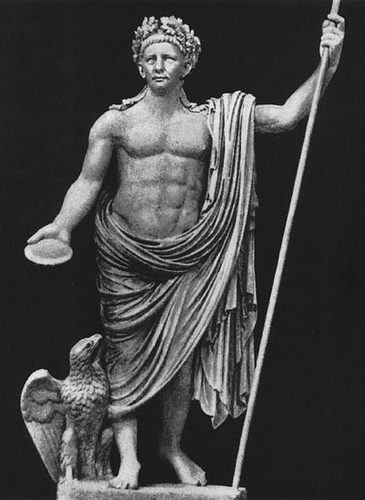
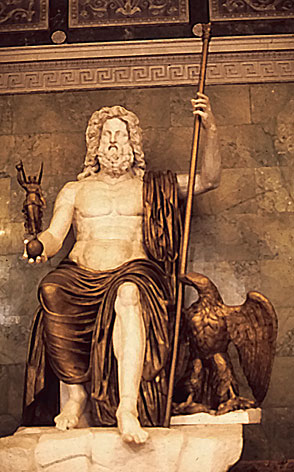
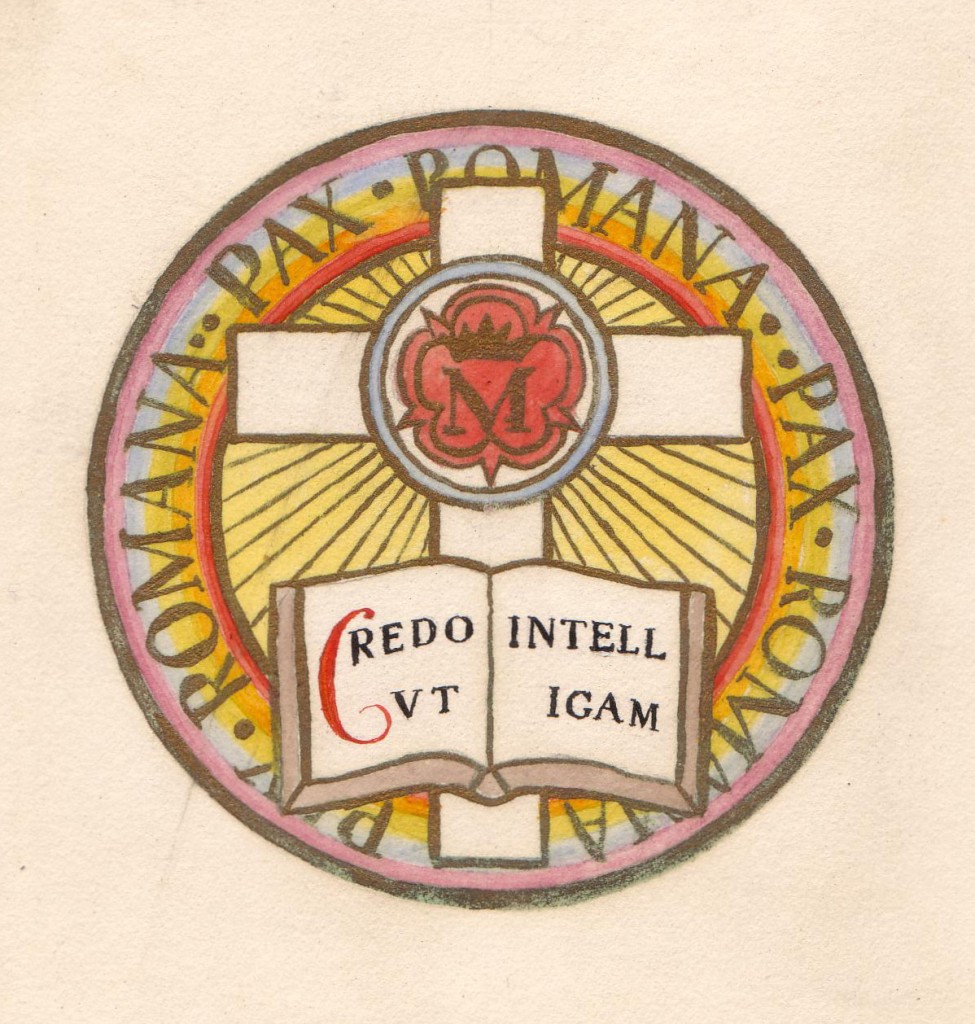
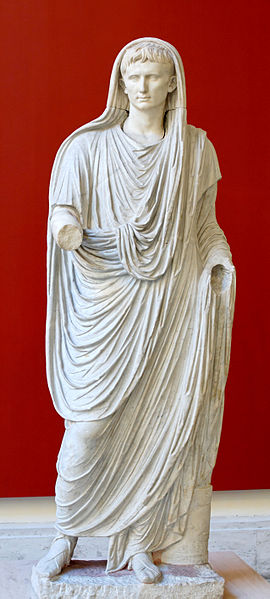
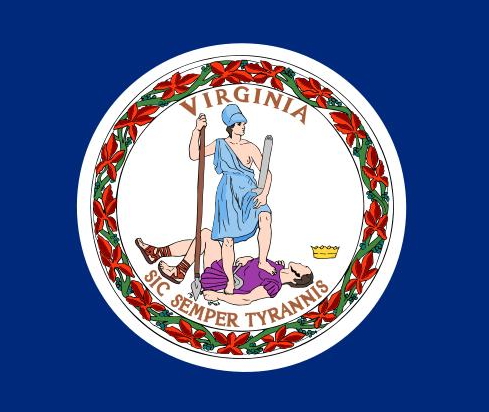
![How during the reign of Honorius, Gratian and Constantine were created tyrants in Britain; and soon after the former was slain in Britain, and the latter in Gaul [407 A.D.] | Book 1 | Chapter 10 How during the reign of Honorius, Gratian and Constantine were created tyrants in Britain; and soon after the former was slain in Britain, and the latter in Gaul [407 A.D.] | Book 1 | Chapter 10](https://www.gnosticwarrior.com/wp-content/plugins/contextual-related-posts/default.png)
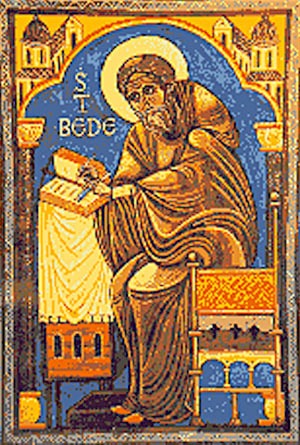
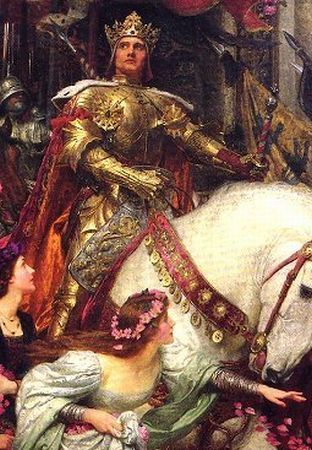
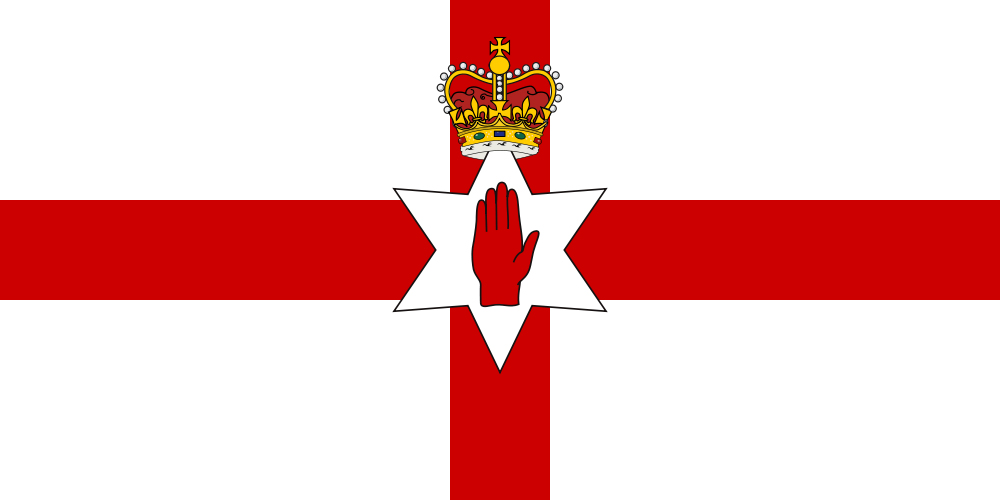
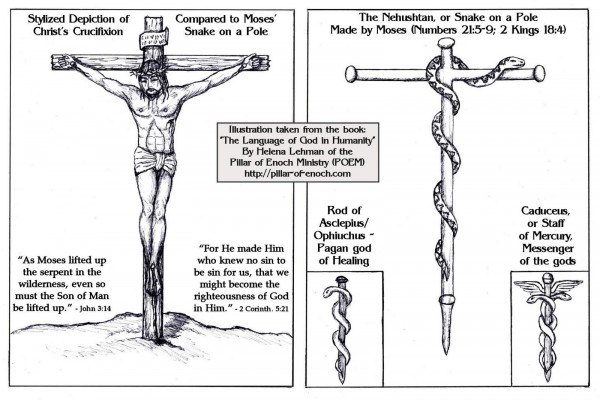
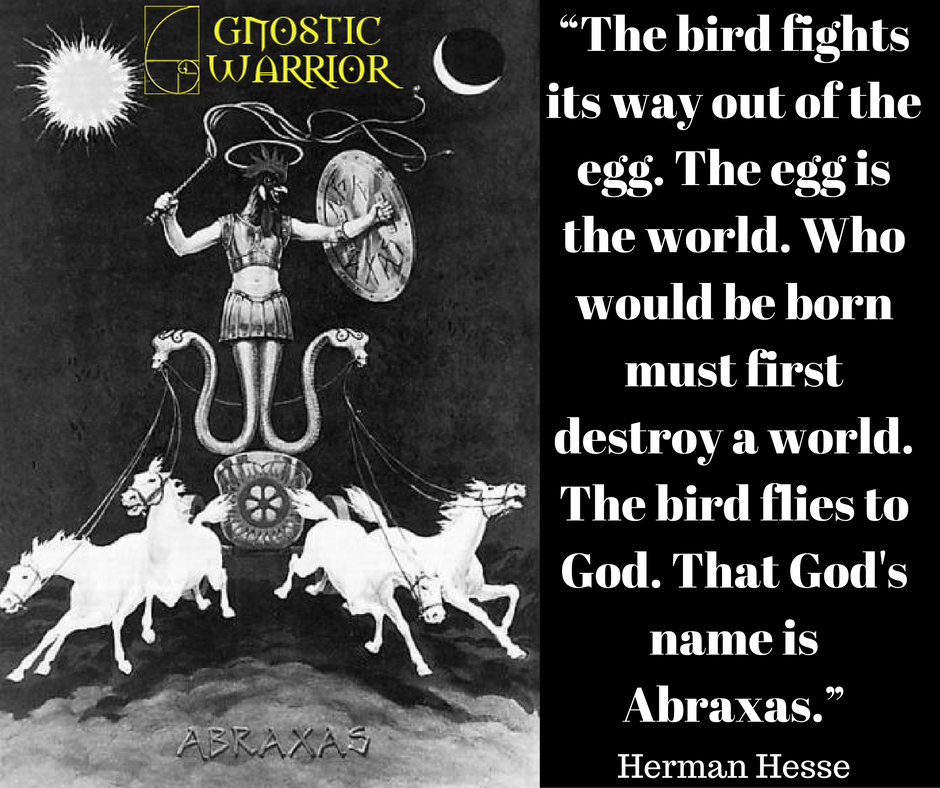
Just wrong. The legendary Brutus that founded Britain was the grandson of Ascanius, who was the son of Aeneas. No where even close chronologically to the Brutus who murdered Caesar. Cognomens didn’t have the same continuity as they do today. There were many Brutii. But what is more important is that Brutus, Caesar’s assassin, was of the gens Junii. NOT Brutii.
The legendary founding of Britain by this TROJAN was stated often in the Grail Myth, and the Histories written by Geoffrey of Monmouth.
Maybe do some research, rather than base it out of the intuition of your ancestors’ blood.
I come from the House Hohenstaufen, and we too have Trojan blood in us. I just know the history.
There is NO WAY Brutus of Troy could be that Brutus, since the former Brutus was alive during the Sack of Troy, while the latter was at the end of the Republic.
Have you ever read Tradition? I highly doubt it.
The idea that everyone is related is a misnomer of the latter end of this Yuga. Relation to the ancients was blood in a esoteric sense, rather than a material one.
I think that the Alborean Sea around South Spain may yield the Name Albion as Englands earliest known name, as you’ve stated herein. If we go to the Bay of Biscay France (Basque) we have the port called Quiberon. I think these come from Hyperboreans, and the underworld god under Shiva in India named Kubera (many other spellings). Thus, of IE, indo-European languages. And, likey earlier dates than the ones that your article expresses. Zeus’s son Apollo plays into England henges, like Stonehenge, a Pythagoras mathematical construct which I would agree with. (ref book “Solving Stonehenge” Anthomy Johnson)
This bay is where Kelt and Saka folks docked about 200 ships in ancient times, Sakas people are Scythians (Black Sea regions and Iran), and, as an Iranic connection, the Cacausas region Iberia they call al Burjan from Iranic mythology. I believe Burj would mean “tower”. It is believed the early Ireland name as Hibernia could be derived from Iberia Spain, and where this name is also a Caucasus name. This would fit into your timeline herein I think, and is a name on early Irish coins. Tiberia is another form of this name, Iberia, and likely the Tiberian-Herbrew dialect which I believe is the more common one today (Biblical Chaldean folks).
You may also find a Brutus family tree connection to the earlier Cornwall name as well, if you haven’t already. These earlier people may be henge and stone circle builders such as Carnac in France, near the port I referenced, which mimics a similar construct in India, and Hyperboreans can be in Northwest India, or the Tibetan Kurus region. I’ll attach some links for a few of these locations I’ve referenced. Kubera is a dwarf, like a leprechaun. Seems unavoidable to me.
The French “Qu” can be of Central Asian alphabet, where in English a “K” would substitute. Example: English Kipchaks are Asian Qipchaq. I believe it was Kipchaks that originated the Draco banner war horns inherited by the Romans and found in Spain as well. A wolf-headed dragon, and constellation. Likely connects to Englands Cunobeline deity, in my opinion.
http://en.wikipedia.org/wiki/Alboran_Sea
http://en.wikipedia.org/wiki/Bay_of_Biscay
http://en.wikipedia.org/wiki/Quiberon_Bay
http://en.wikipedia.org/wiki/Cunobeline
See how these factors play into your theories, Thanks, GGG guy.
i was interested in your article on Brutus. We have two ermine lions on our coat of arms, which is blue with an ermine fess. I have found a link with our surname to General John Lambert who fought in the English Civil Wars. Is there a link with Lambert to Brutus, i have a distinct feeling there may be somewhere, at least aestheticaly?. We live near Ribchester, you may know the links with your order there at Stydd and that Lambert married a Lister, relative of the Listers of Gisburne who had the herd of White bulls at Gisburne Park, originally belonging to the abbot of Whalley.